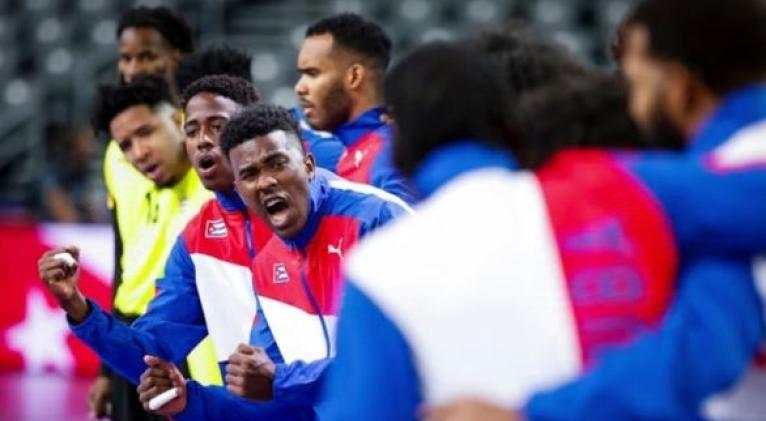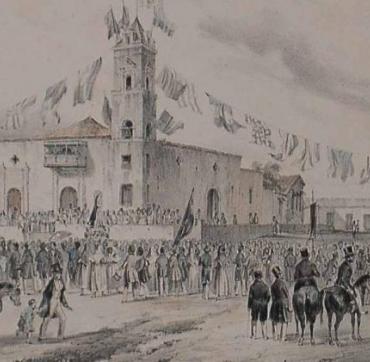Cuban Handball Still far Away
especiales

There were certain expectations with the Cuban men's handball team for the World Championship of the discipline that continues to be celebrated in Denmark, Norway and Croatia, but the primary objective of placing among the top 24 teams on the planet could not be achieved.
It was clear that seeking more was completely an utopia, but the fact of being able to win at least one match in the preliminary phase to advance in third place in group G was seen as accessible, and that could not be achieved.
As expected, our team could not beat two powerhouses of this sport such as Slovenia and Iceland, but there was hope for a victory against Cape Verde.
Despite the fact that defeats were expected, the scores against Slovenians and Icelanders were quite disproportionate, even though the former arrived with the endorsement of having been fourth in the Paris 2024 Olympic Games and the second Olympic finalists in Beijing 2008.
The difference was more than double (19-41 and 19-40, respectively) in both cases, and people began to think that the primary objective was out of reach, also because the apparently weaker rival had more decent performances against those same teams (24-36 and 21-34, in that order) in the Croatian Zagreb Arena.
Things weren't looking good at all, and that was confirmed right from the start of the match, in which the Cape Verdeans were ahead all the time and ended up winning by a 10-goal difference (38-28), in a match in which 11 different players managed to break through our goal, which is the same as saying that only the goalkeepers and two other members of the team didn't score, and of the latter, one because he didn't even go onto the field.
The Africans were much more effective than ours in total shots (70% against 55%) and scored the only penalty that was awarded to them, while Cuba managed to score only one of the three balls they had.
They also outperformed us in effectiveness from the wings (100% against 50%) and in successful quick counterattacks (67 against 50), and that explains why the resistance lasted only 12 minutes, when the score was 8-7 in favor of the winners. From then on, the difference continued to widen.
The experience of several players already established in European Leagues did not yield the expected results and the poor defensive discipline prevailed, normal in a team that averages 24 years of age.
This last prevented a better job of goalkeeper Magnol Suárez on the goal line (he could only stop 22% of the shots received, only better than the Kuwait goalkeeper), and on offense the best has been Frank Cordiés, scoring 13 goals.
Luckily, not making it through the round does not mean returning home immediately, and those trained by Jover Hernández will have the invaluable extra of being able to play more games in the so-called President's Cup, which distributes places from 24-32.
In that instance, the Caribbeans will play against Bahrain (day 22), the United States (24) and Japan (26), who also finished last in their respective groups, but all with a better goal difference than Cuba.
Translated by Amilkal Labañino / CubaSí Translation Staff














Add new comment